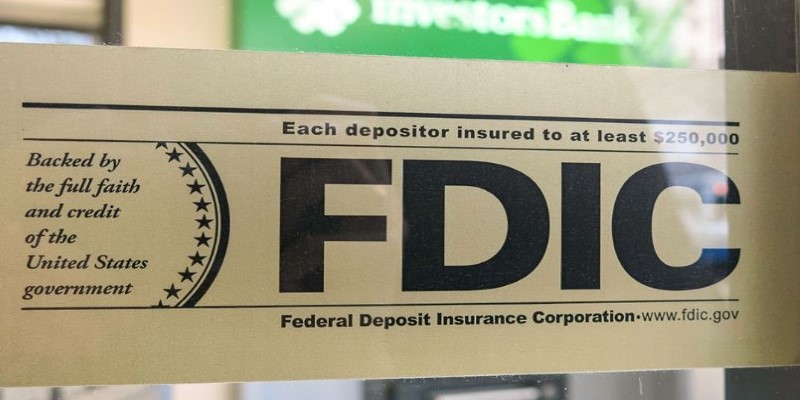Is It Possible to Get a Personal Loan With a Small Income?
A reduced income does not have to prevent you from obtaining personal financing because acquiring personal loans with modest salaries remains attainable. Loan decisions from lenders normally extend past income evaluations because they include credit scores along with payment records. Particular loan options exist explicitly to assist people who have limited incomes. Studying the loan conditions while exploring different options lets you select a personal loan that matches your requirements.
What Is a Personal Loan?

The purpose of personal loans extends to debt consolidation, home repairs, medical expenses and other unanticipated bills. A personal loan functions without collateral since it stands unlike mortgage and auto loans which secure their loans with assets such as houses or cars. The lender cannot take possession of your possessions because they are unsecured when you fail to pay on time. Personal loans provide borrowers with set interest rates that they must pay within one to seven years.
How Do Lenders Evaluate Your Eligibility?
Lenders consider several factors when evaluating your eligibility for a personal loan with a small income. These include:
Credit Score
A numeric value determines your ability to handle credit responsibly. Your creditworthiness depends on how well you manage your credit accounts while promptly paying your bills according to their due dates. People with high credit scores face greater success in personal loan approval because they demonstrate better reliability for payments.
Income and Employment History
While income is an important factor, lenders also consider the stability and consistency of your income source. If you have a low but steady income from a stable job, it can work in your favor when applying for a personal loan. Lenders may also look at your employment history to see if you have a record of steady employment.
Debt-to-Income Ratio
Your debt-to-income (DTI) ratio is the percentage of your monthly income that goes towards paying off debts. A lower DTI ratio indicates a good balance between your income and existing debts, making you a more favorable candidate for a personal loan.
What Are Your Options for Getting a Personal Loan With a Small Income?
Even if you have a small income, there are still options available to help you secure a personal loan. Some of these include:
Co-signer
If you have a low income or poor credit score, having someone with better financial standing co-sign your loan can increase your chances of approval. This person will be responsible for repaying the loan if you default on payments, so make sure to choose a co-signer who trusts and supports you.
Credit Union Loans
Credit unions are not-for-profit financial institutions that offer loans at lower interest rates than traditional banks. They also take into consideration factors beyond just credit score and income when evaluating loan applications, making them a good option for those with a small income.
Options for Low-Income Borrowers
There are also specific loan options designed for individuals with lower incomes. Some of these include:
Secured vs. unsecured personal loans
Secured loans may be easier to qualify for with a low income, but it's important to consider the risk of losing your collateral if you are unable to make payments. Unsecured loans may have stricter eligibility requirements, but they do not require collateral.
Payday Alternative Loans (PALs)
Credit unions offer PALs as an alternative to high-interest payday loans. These loans typically have lower interest rates and longer repayment terms.
Community Assistance Programs
Some local governments and nonprofit organizations offer assistance programs for low-income individuals in need of financial support. These programs can provide resources such as small loans, grants, or financial education workshops.
Tips for Qualifying for a Personal Loan With a Small Income

To increase your chances of getting approved for a personal loan with a small income, you can follow these tips:
- Improve your credit score by making timely payments and reducing existing debts.
- Consider getting a co-signer to strengthen your application.
- Research and compare lenders to find one that offers favorable terms and interest rates for individuals with limited incomes.
- Be honest about your income and any additional sources of income you may have, such as side jobs or freelance work.
- Prepare all necessary documents, such as pay stubs or tax returns, to demonstrate your financial stability and ability to repay the loan.
Alternative Financial Solutions
If you are unable to qualify for a personal loan due to a low income, there are still other financial solutions available to you. These include:
Credit Cards
You can use credit cards for short-term financing needs, but it's important to use them responsibly and pay off the balance in full each month to avoid high interest charges.
Borrowing from family or friends
Consider asking family or friends for a personal loan instead of going through traditional lenders. This may also allow for more flexible repayment terms.
Side jobs or freelancing
Taking on additional work through side jobs or freelancing can provide extra income that you can put towards your expenses or savings goals.
Conclusion
Having a small income does not necessarily mean you cannot qualify for a personal loan. By understanding how lenders evaluate your eligibility and exploring alternative options, you can find a solution that best suits your financial situation. Remember to always borrow responsibly and carefully consider the terms and conditions of any loan before signing on the dotted line. So, it is important to carefully assess your financial needs and capabilities before making any decision related to personal loans or other forms of credit.












